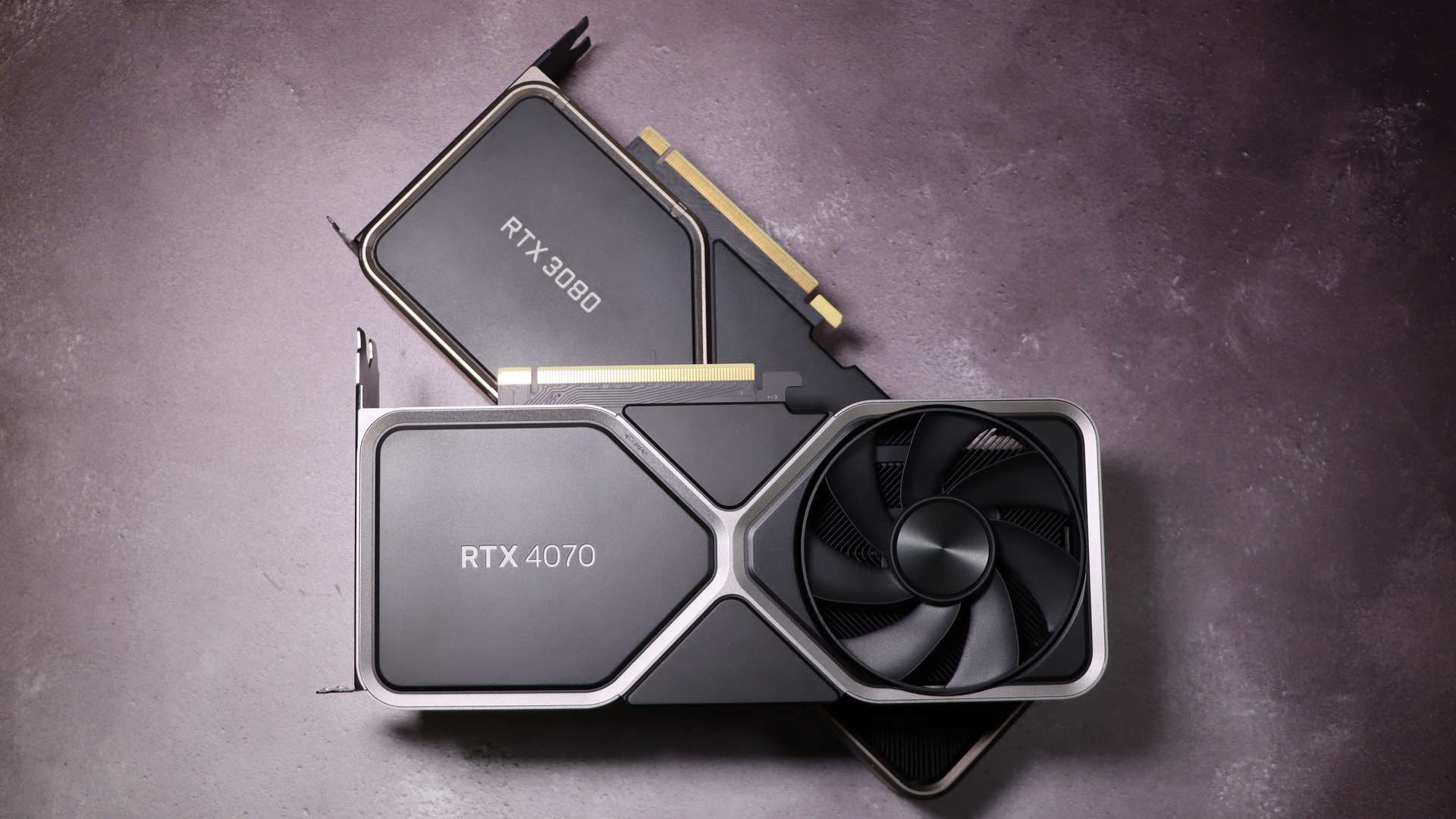So, the Intel Core i9 14900KS has been clocked up to 9.118GHz, setting a new world record. But Intel's new flagship is still about as real-world relevant as a gold-plated Bugatti double-parked in downtown Dubai.
The record was achieved by Asus running the chip courtesy of its ROG Maximus Z790 Apex Encore motherboard. Oh, and the minor matter of some liquid helium and a Vcore of 1.85V. Ouch.
On the back of that high operating frequency, Asus and the 14900KS claimed three further records. PiFast completed in just 6.79 seconds, SuperPI 1M finished in 3.768 seconds, and PYPrime 32B finished in 97.596 seconds. Huzzah!
Of course, these results are only an incremental improvement over the previous record of 9.044GHz achieved with a plain old 14900KF last September. And, of course, this is just the first tilt at overclocking the new KS. No doubt even higher speeds will be claimed in the coming weeks and months.
But it all makes sense given that the new 14900KS is nothing if not absolutely incremental. With a maximum Turbo speed of 6.2GHz, it offers a peak operating frequency just 3% higher than the 14900K and 14900KF. It exists, purely, because that's what Intel's marketing department does. It wheels out a KS chip at the end of a product cycle.
So, we had the 13900KS about a year ago. And the 12900KS about a year before that. Back in 2019 we had the 9900KS. In between the 9900KS and the 12900KS, of course, was the 10980XE Extreme. And before all of them there have been a long line of “Extreme” and “Extreme Edition” CPUs going right back to the Pentium 4 Extreme Edition of 2003.
So, there's nothing new about the Core i9 14900KS in that sense. The problem is that the new chip is not a world beater when it comes to actual performance. Even in Intel's own hand-picked suite of game benchmarks, the 14900KS only beats AMD's Ryzen 7 7800X3D in six out of nine games.

So, it's barely any faster than the plain old 14900K. And it's still not unambiguously faster than the competition.
In truth, this kind of marketing-driven CPU from Intel has never made much practical sense. They've never added up in terms of the amount of additional performance delivered for the price premium.
The difference today is that it's debatable whether the 14900KS even makes sense as a marketing ruse. When Intel had unambiguously the fastest CPU on the planet a new Extreme Edition or whatever that upped the game again was a decent marketing win. The best just got better, even if it was barely any better.
The reality today is that Intel doesn't have a clear performance lead, the 14900KS is based on the same old 10nm (rebranded Intel 7) silicon and Alder Lake-derived architecture that it has been selling since late 2021. And instead of underlining Intel's advantage, it just makes the company look a bit desperate.

Best CPU for gaming: The top chips from Intel and AMD.
Best gaming motherboard: The right boards.
Best graphics card: Your perfect pixel-pusher awaits.
Best SSD for gaming: Get into the game ahead of the rest.
That isn't really the case. This new KS is more likely Intel's marketing drones robotically going through the motions. It's just what they do. But it is all a bit pointless.
If you're going to do a show-off marketing exercise like this, wouldn't it be better for Intel to put slightly more effort in? Maybe a true limited edition model sold in very small numbers using the very best chips that come out of the fab and capable of, say, 6.5GHz in factory spec.
OK, that still wouldn't be enough to make the 14900KS the uncontested performance champ. It still wouldn't make for a sensible value proposition. But 6.5GHz versus 6GHz of the 14900K would be easier to get excited about than 6.2GHz versus 6GHz. As it is, the new KS chip is a total mehburger.






